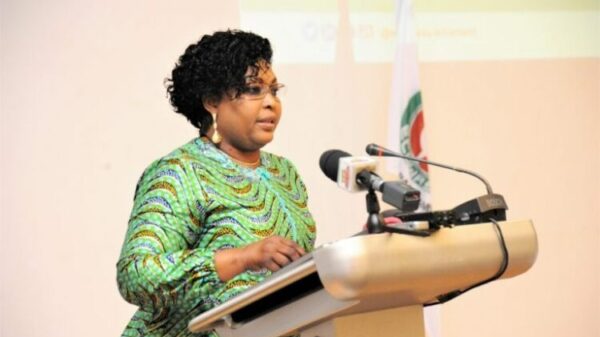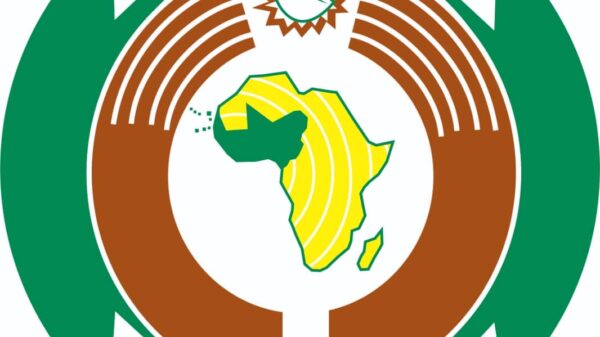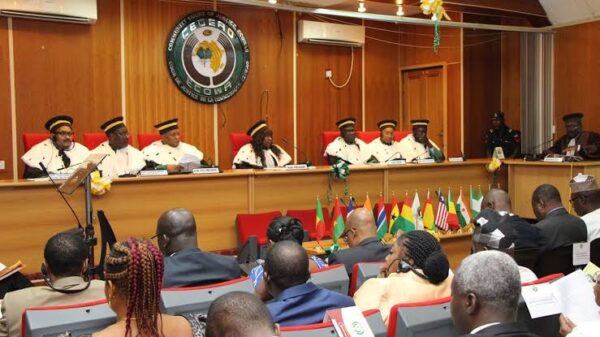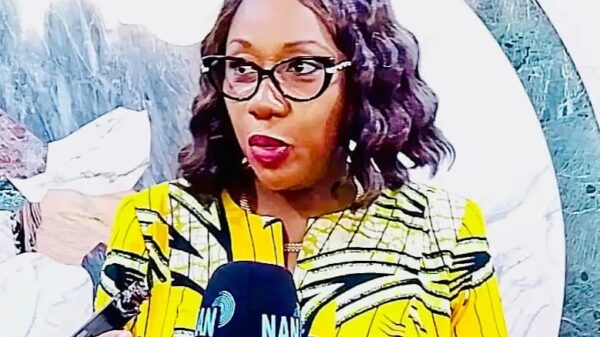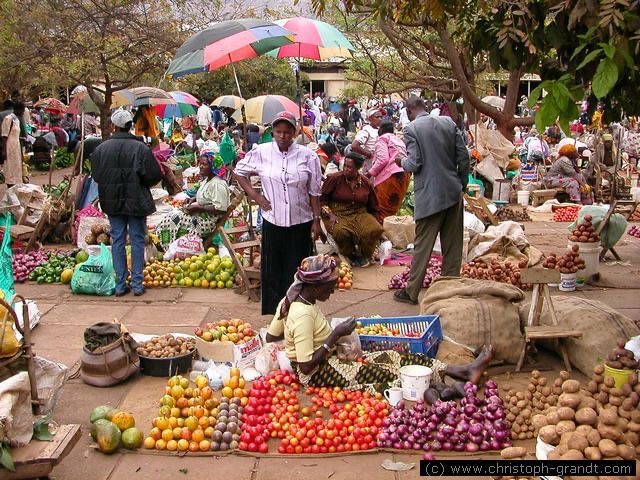As spiralling inflation bites harder, the Central Bank of Nigeria (CBN) has assured the people that inflationary pressure will drop from 28.92 per cent to 21.4 per cent in 2024.
Mr Yemi Cardoso, the CBN governor, said in Abuja on Wednesday when he addressed members of the House of Representatives on the fiscal measure to bailout Nigeria from economic doldrums.
According to him, the projected decline in the country’s inflationary is due to inflation-targeting policies of the Federal Government.
He said that improvement in agricultural productivity and easing global supply chain pressures would also contribute to reining in inflation.
“Inflationary pressures are expected to decline in 2024 due to the CBN’s inflation-targeting policy, aiming to rein in inflation to 21.4 per cent.
“This will be aided by improved agricultural productivity and easing global supply chain pressures.
“The CBN’s inflation-targeting framework involves clear communication and collaboration with fiscal authorities to achieve price stability, potentially leading to lowered policy rates, stimulating investment, and creating job opportunities,” he said.
He said that the Nigerian foreign exchange market was currently facing increased demand pressures, causing a continuous decline in the value of the Naira.
According to him, factors contributing to this situation include speculative forex demand, inadequate forex supply due to non-remittance of crude oil earnings to the CBN, increased capital outflows, and excess liquidity from fiscal activities.
“The shift to a market-driven exchange rate is intended to create a stable macroeconomic environment and discourage currency hoarding.
“However, short-term volatilities are attributed to arbitrage and speculation.
“To address exchange rate volatility, a comprehensive strategy has been initiated to enhance liquidity in the FX markets.
“This includes unifying FX market segments, clearing outstanding FX obligations, introducing new operational mechanisms for Bureaux De Change (BDCs), enforcing the Net Open Position (NOP) limit, and adjusting the remunerable Standing Deposit Facility cap,” Cardoso said.
He said the steps taken were having huge economic cost impact on the citizenry.
“These costs are temporary, and our decisions will address a lot of fundamental issues bothering Nigeria’s macroeconomic landscape.
“These measures, aimed at ensuring a more market-oriented mechanism for exchange rate determination, will boost foreign exchange inflows, stabilise the exchange rate, and minimise its pass-through to domestic inflation,” he said.
Commenting on the instability in the foreign exchange market, Cardoso told the lawmakers that the value of the Naira is determined by the availability of foreign exchange.
According to him, the exchange rate is determined by the dynamics of supply and demand for a product or service similar to the pricing of cows or cars.
“The value of the dollar in Nigeria is determined by the balance of dollars entering the country and the demand for dollars among Nigerians.
“The exchange rate in Nigeria has increased due to the simultaneous occurrence of two factors: a decline in the supply of dollars coinciding with a surge in the demand for dollars,” he said.
The CBN Governor said that the growing number of Nigerian students studying abroad was also a major contributor to forex scarcity and depreciation of the Naira.
“In the 1980s and 1990s, the need for US dollars for their living expenses was minimal. However, recent data shows a significant change.
“According to UNESCO’s Institute of Statistics, the number of Nigerian students abroad increased from less than 15,000 in 1998 to over 71,000 in 2015.
“By 2018, this figure, according to a World Bank report, had reached 96,702 students. Another report projects the number of Nigerian students studying abroad to exceed 100,000 by 2022.
“Additionally, the UK’s Higher Education Statistic Agency noted a 64 per cent increase in Nigerian students studying in the country, rising from 13,020 in the 2019/2020 academic session to 21,305 by the 2020/2021 session,” he said.
He said that between 2010 and 2020, foreign education expenses amounted to a substantial 28.65 billion dollars.
“Medical treatment abroad has also incurred around 11.01 billion dollars in costs during the same period.
“Consequently, over the past decade, foreign exchange demand for education and healthcare has totaled nearly 40 billion dollars.
“This amount surpasses the total current foreign exchange reserves of the CBN. Mitigating a significant portion of this demand could have resulted in a considerably stronger Naira today,” he said.
He said that Personal Travel Allowances have also accounted for a total of 58.7 billion dollars during the same period.
According to him, between January and September 2019, the CBN disbursed 9.01 billion dollars to Nigerians for personal foreign travel.
He said that Nigeria’s annual imports, which require dollars for payment, amounted to 16.65 billion dollars in 1980.
“By 2014, the annual import expenditure had significantly surged to 67.05 billion dollars, although it gradually decreased to 54.71 billion dollars as of 2023.
“Similarly, food imports escalated from 2.63 billion dollars in 1980 to 14.84 billion dollars in 2019,” he said.
Cardoso said that over the past 12 years, oil exports, constituting over 90 percent of our foreign exchange earnings, have declined from 93.89 billion dollars in 2011 to 31.4 billion dollars in 2020.
“The genuine issue impacting the exchange rate is the simultaneous decrease in the supply of, and increase in the demand for, dollars.
“It also seems that the task of stabilising the exchange rate, while an official mandate of the CBN, would necessitate efforts beyond the apex bank itself and indeed to an attitudinal change of all our citizens,” he said.
Cardoso assured that the management team of the CBN was dedicated to refocusing the apex bank by giving primacy to price stability.
He said that the team also aimed to build confidence in the Nigerian economy through the maintenance of stability in consumer prices and the foreign exchange market.
“We are aware that the twin challenges of inflation and exchange rate depreciation on our economy are daunting, however, they are not insurmountable.
“Monetary policy actions are sometimes inhibited by transmission lags, nonetheless, it is expected that the policy measures implemented by the CBN will permeate the economy in the short- to medium-term.
“Inflation pressures may persist, albeit temporarily, but are expected to moderate significantly by fourth quarter of 2024.
“Exchange rate pressures are also expected to reduce with the smooth functioning of the foreign exchange market.
“We are committed to implementing policies that will ensure a stable macroeconomic environment and guarantee improved livelihoods for all Nigerians,” he said.



